How mining giants like Rio Tinto can hurt towns
A DOWNTURN in the market is prompting Australian mining giants to assess their future. This is what happened when Rio Tinto left one town.
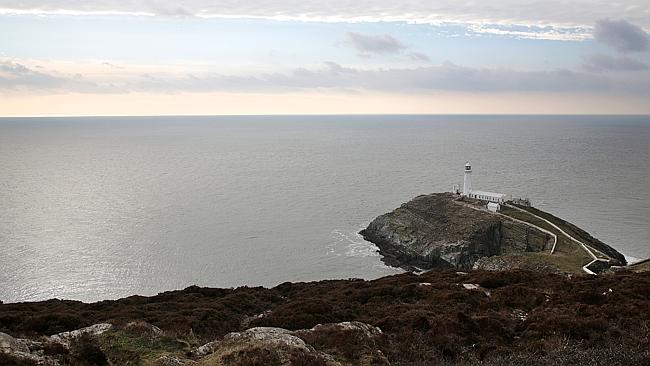
A DOWNTURN in the resource market is prompting mining giants in Australia to re-evaluate operations. CHARLES MIRANDA visits Holyhead in Wales to see what happens to communities when one Aussie metals and mining giant decides to go.
************
NIC Clayton walks into the Prince of Wales pub in Holyhead in North Wales and smiles broadly.
“It wasn’t always like this you know,” he says almost apologetically to us, perhaps in sympathy to the girl working the bar as he orders another cider.
There has only been four patrons come into the once bustling pub all morning, and one of those just stopped by to ask directions.
“I remember coming in here and it would be five or six deep at the bar; we were all mates, everyone knew everyone and it was a great atmosphere but that changed in 2009,” he says.
In 2009, Rio Tinto Group shut down smelting operations at its Anglesey Aluminium plant that had been producing 145,000 tonnes of aluminium a year, the cost cut sending 400 workers to the jobs queues albeit with their wallets bulging from hefty redundancy packages.
No-one now standing at the bar of the Prince of Wales has been the least of Holyhead’s worries after the plant, the mining giant jointly owned with Kaiser Aluminium, shut down after more than 45 years of operations.
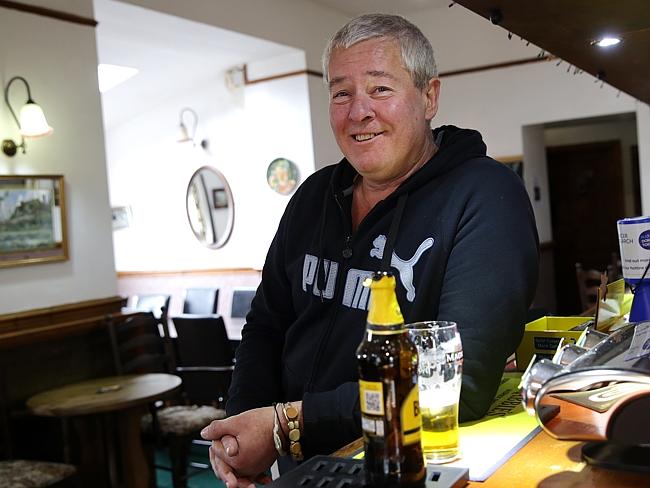
Shops closed, some families moved away, other skilled workers have since taken low paying jobs as packers in Tesco supermarket, some still suffer depression and one man took his life.
This has been the effect on a once thriving seaport town when an industry closes and is a fate perhaps to befall towns in Australia as the 140-year-old multinational and its rivals look to make strategic closures or mothball operations for when market prices for raw materials increase and make profit margins more appealing to shareholders.
But lessons can be learnt and it’s far from all bad news with the public pressure for corporate responsibility forcing companies to look at legacy programs for the communities left behind, closures allowing new enterprises to give townships a chance to flourish again.
When Anglesey Aluminium began production in 1971 it was deemed a saviour for the North Wales region. It employed 1200 workers at one stage and until it closed was the biggest single user of electricity in the UK. There was shipping, trucking, catering, electrical work; everyone had a connection to the plant in someway and it was an industry for fathers and then their sons. Alumina and coke was being shipped directly from Australia to the plant to fill orders from across Europe. The ships would dock at Holyhead, already a busy port as a leap point for passengers travelling to Dublin across the Irish Sea, and a jetty was linked to underground conveyor belts to deliver the raw materials to the smelter in Penrhos on the outskirts of Holyhead. A direct rail link would then carry goods elsewhere.
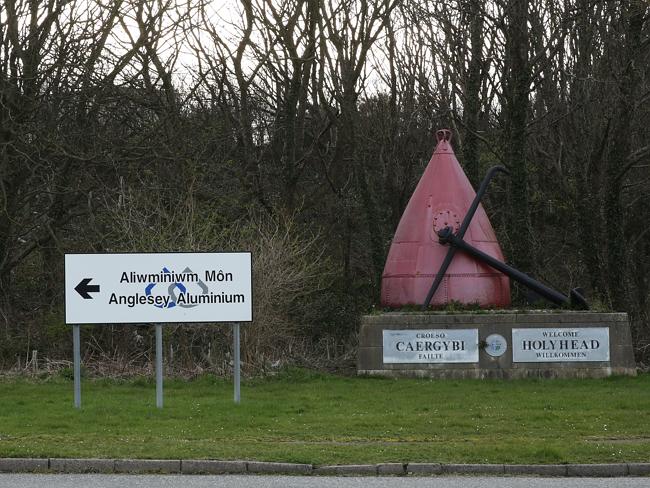
The region boomed but fortunes changed in 2007 with Rio’s then CEO Tom Albanese’s disastrous $38 billion takeover of Alcan and on the eve of the global recession and at a time that China was emerging as the world’s biggest aluminium producer leaving Western rivals with less markets to pursue. Then there was more bad news when the nearby nuclear power plant, a source of cheap energy, was earmarked for closure and the global price of aluminium plummeted and while still profitable, the long-term future did not look good. In 2009 the plant closed down with the loss of 400 jobs although operated as a re-melt operation before that too was marked for closure by this month.
Local MP Albert Owen sought to secure the company, which said it wanted to continue operations, with subsidised energy through government grants but to no avail.
“I think they were trying it on and there was no intent to continue there unless they got energy in 2010 at 2000 prices,” Owen said. “Any company would like to have contracts like that but it was never possible. Basically we called their bluff and they didn’t want to know because they had made a decision at board level, they wanted to close down simple as that because of low margins or loss making operations.
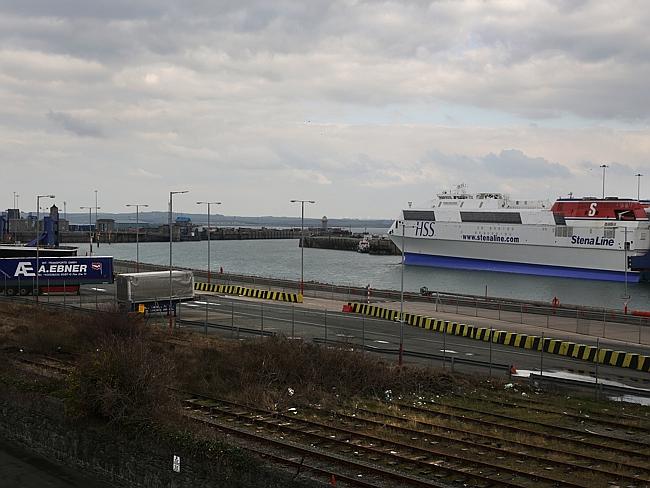
“The politics of this is Albanese got caught out in the end, they made huge bids to become the biggest in the world and they got their fingers burnt and the victims were the ones down the line.
“Small fabrication firms have suffered because there was a lot of contractual work there which was almost permanent even though they were contracted on temporary contracts, there is an effect there. The apprenticeships use to be massive, people had opportunities to work there whether on the lines as general operators or chemists, there lot of associated jobs and career moves not happened since. That’s been massive. The best legacy is jobs and unless they are seen to be happening ... people now are quite frustrated.
“Some did relocate within the company to Middle East and other places, no young people though and the supply chain has been hit considerably.”
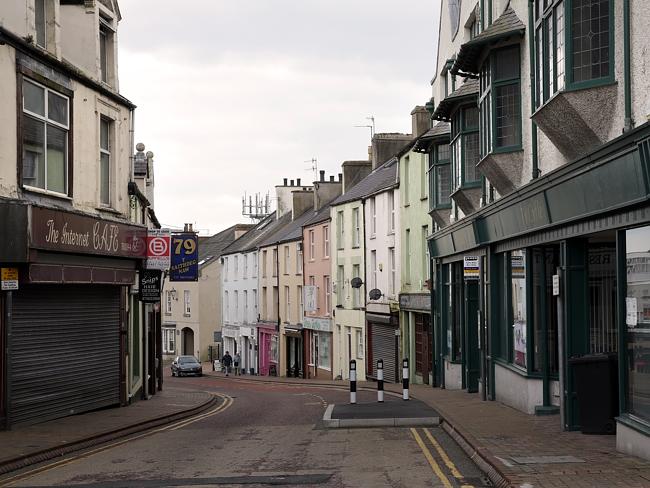
Jeff Evans saw the effect from both ends. The former unionist and crane operator worked at the plant from 1970 but took redundancy in 1983 and when the money ran out and he couldn’t find another job he did it hard. He recalled yesterday even taking food parcels from his mum to survive. He then got into welfare work and in 2009 was the region’s Unemployed Workers Centre manager, able to relate to those who lost their job and were asking for help. But most he said were not from the Rio Tinto plant directly but rather from shops and businesses nearby effected by its closure.
“It was devastation, economic times were difficult anyway, the ferries industry had cut backs and we had become one of the highest unemployed areas in Wales,” he said.
“It affected everything from house prices to the availability of shops and local businesses to survive, etc. There were good redundancy packages and the skilled workers moved onto other areas, it’s those around it that were effected, the businesses that were feeding off it, shop keepers who suddenly didn’t have customers to spend anymore, those making things for the plant like welders ...”
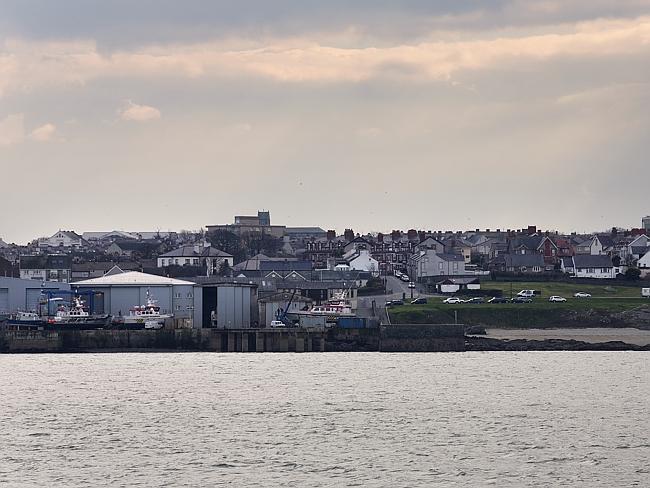
Mr Evans said there will be another two years of hardship until new developments come on line then ironically they will have more job vacancies than can be filled.
Nic Clayton, 54, had been a mechanical engineer at the plant since the 1980s and had hoped his son could have got an apprenticeship there.
“None of us thought it would happen because it was still making money, we thought maybe they would mothball it but in the end we were told it was to close. We were still producing on the very day we shut. Redundancies were good, nice bonus, and many walked out of the gate happy but then it hit home there were no jobs anywhere and that money only lasts a while.”
Clayton got a job in a chicken factory, a friend started up a garden centre another an engineering business and many worked in a retail park in supermarkets and hardware stores. Others are working in the resource industries in the Middle East.
“They were good employers, safety conscious and fair play they looked after us with good wages but personally I think they could have done more, we were just expendable.”
Clayton doesn’t want to talk about it too much but one best mate, a young engineer, committed suicide in the past 18 months. “When he spent his redundancy he had no job, he was by himself and it was too much.”
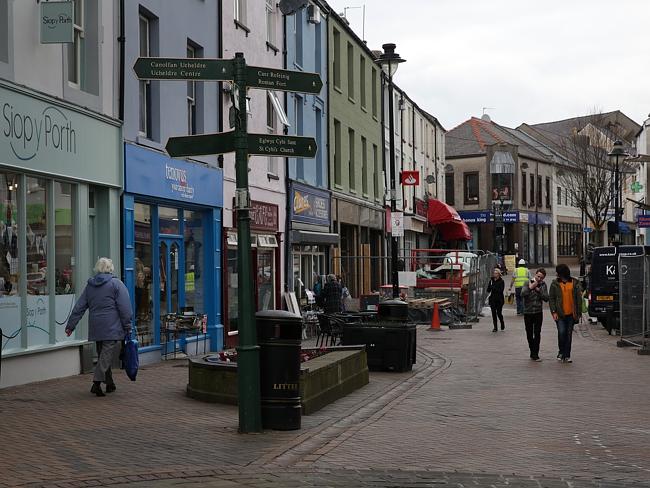
Once the supply chain was cut, shops began to close or be replaced by takeaway outlets and charity shops. The mainstreet of Holyhead today is desolate.
Holyhead mayor Ronnie Williams said family men who really wanted to work were losing their dignity because they now had to queue at food banks and many pubs and shops closed as soon as Angelsey closed. But he said that was then and as of this month several new projects had been approved by council planning committee that would lift the prospects of the unemployed and that of Holyhead.
Approval has been given last month for a biomass plant to be built on the site, utilising some of the infrastructure already available, to produce enough electricity for 300,000 homes and a new fish farm expected to produce 40,000 tonnes of prawns each year. There are also plans for an eco park on the massive old site. At least 400 jobs is expected to be created in the short term but many more in the construction phase and ultimately up to 8000 positions.
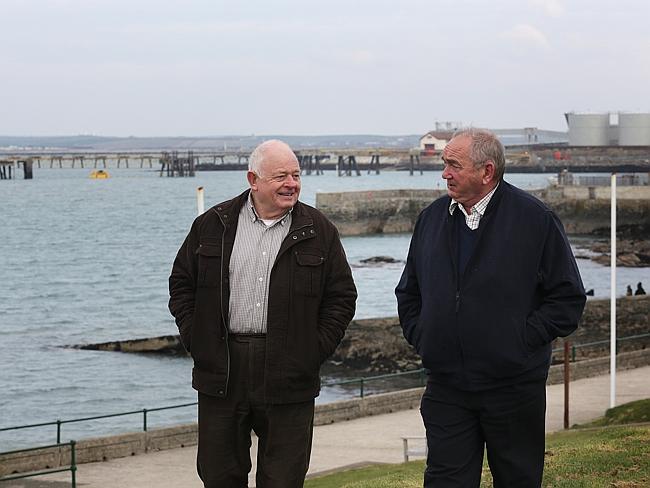
“Angelsey Aluminium’s closure hit us hard, no doubt, but we’ve got a new future,” he said.
Councillor and incoming mayor John Owen said the resource group had been quite generous with legacy programs to help the community that had embraced them for so long.
“That would be the message to Australians, if they (Rio) are pulling out in places there — how they honoured their commitment was instead of just saying here is a couple of bob and leaving they have endeavoured to try and get someone in to get employment long term,” he said.
“Because of the company’s stand there is going to be employment and we’re looking forward to these developments coming in employment for our young people ... we will mushroom again.”
Samantha Churchill hopes that will be the case.
“After the plant closed people weren’t around anymore and this place was run down but we’ve spent a lot on fixing it up, getting it right and we’ll get (the crowds) back it will be good,” the new owner of the Prince of Wales Hotel says confidently.
“Other pubs closed but with all these new projects, that will bring the people back, we’re making a go of it.”



